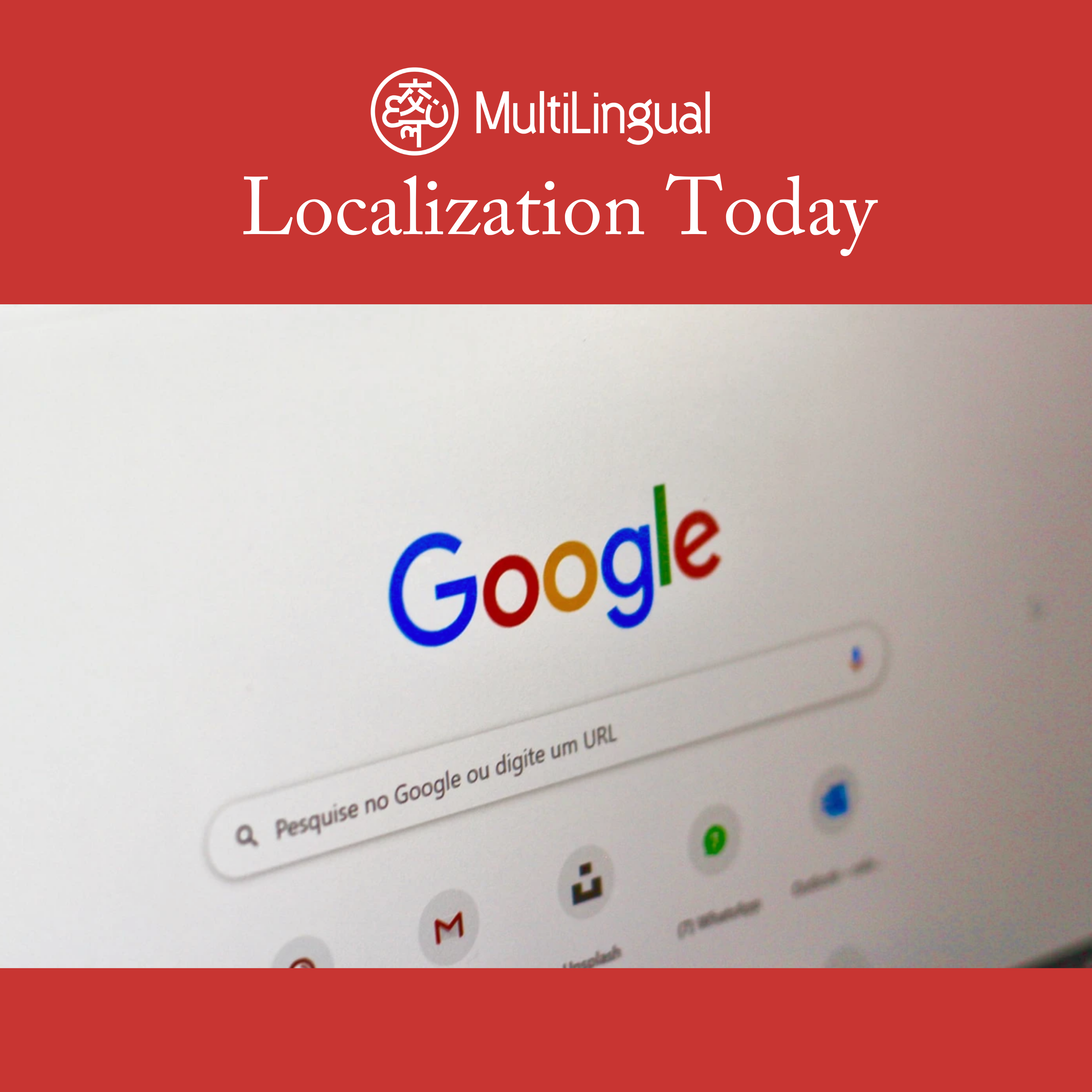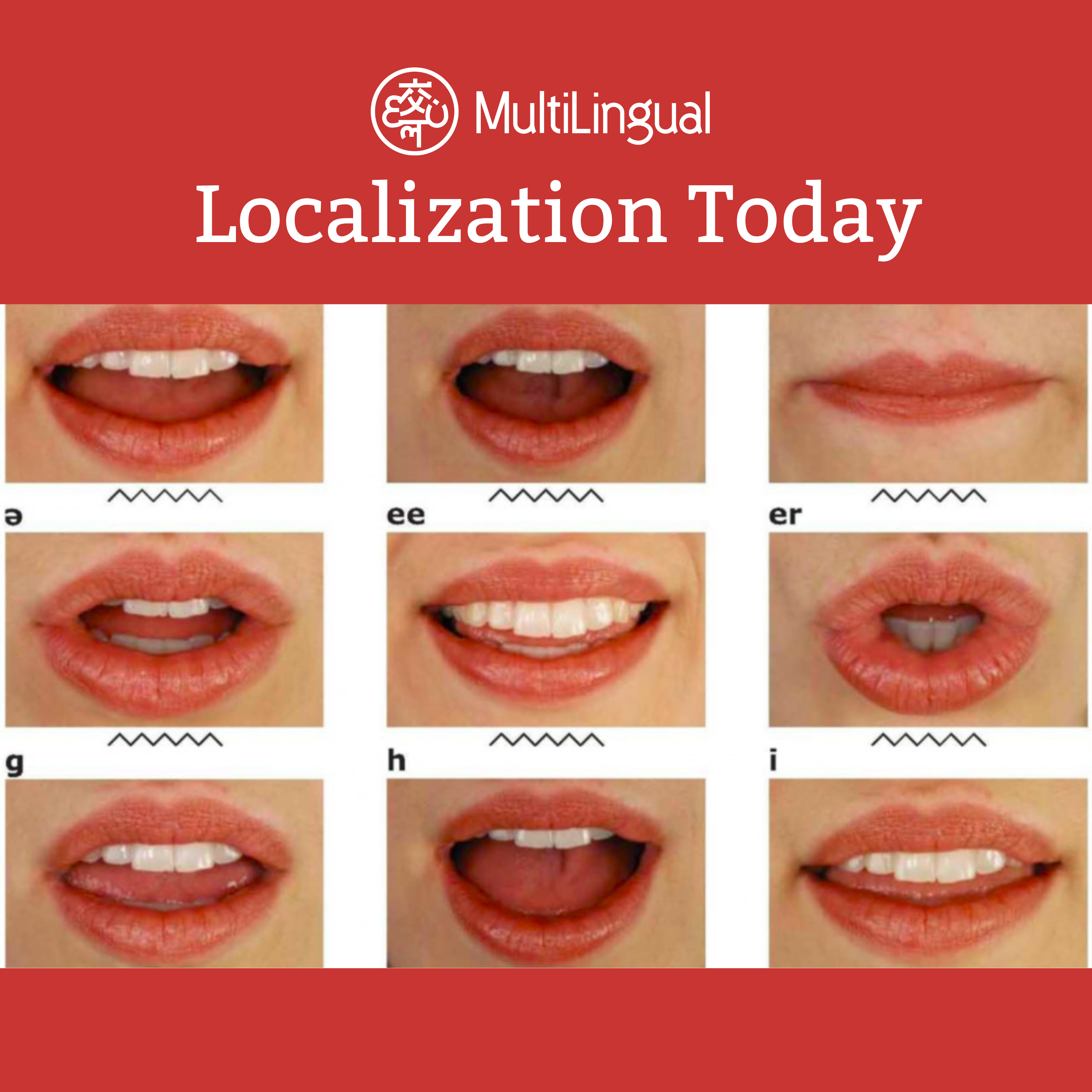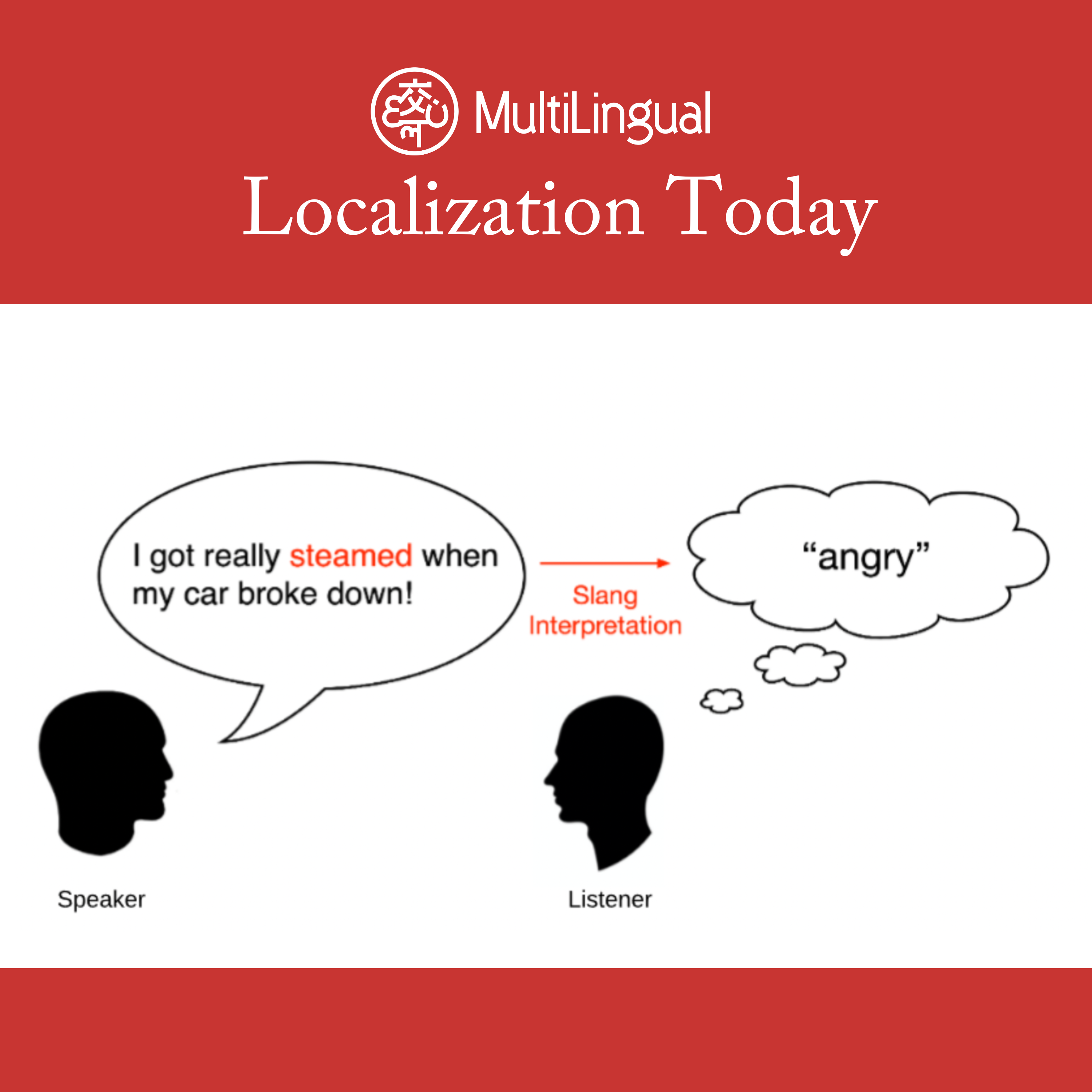Episode Transcript
[00:00:00] Lessons from the Mayan Languages Preservation and Digitization How Preserving Indigenous Languages Leads to Equity in Language Access by Winston Scott Founded in 2023, the Mayan languages Preservation and Digitization Project is a wide scope initiative that aims to provide resources for essential services to Mayan language speakers with the dual goals of preserving indigenous languages and increasing language access for underserved populations.
[00:00:34] Created for and by Mayan language professionals in Guatemala and throughout north and Central America, the project engages with academics in anthropology, linguistics, cultural studies, and computer sciences to develop solutions to some of today's familiar problems in the language services industry.
[00:00:53] At the core of this collective effort is a grassroots initiative that is led by community leaders and native speakers with decades of experience in the United States language industry.
[00:01:05] The team is specifically dedicated to collaboration with Mayan language speakers who share the desire to ensure long term survival of the many vibrant and evolving indigenous languages in Guatemala and its surrounding regions. This article explains why and how we, as members of the project engage in language preservation and digitization with the hope that it serves as a roadmap for all language communities who seek to preserve their native language and culture through common efforts.
[00:01:37] The need for Mayan Language Services According to the regulatory organization Academia de Languas Milas de Guatemala, there are 22 distinguishable Mayan languages spoken in Guatemala, some of which traverse the border regions of southern Belize and chiapas, Mexico.
[00:01:59] Approximately 40% of the country's more than 18 million residents identify a Mayan language as the language that they speak and understand best. Over the past decade, there has been a steady, sometimes rapid drumbeat of Mayan language speakers from Central America migrating to the US the root causes of migration are complicated and include foreign and domestic policies that affect impoverished communities, climate changes that affect agriculture, and a lack of educational opportunities. With the growing numbers of Mayan language speakers in the US Comes an increased need for language professionals who can offer consistent and accurate services in these languages.
[00:02:43] This is most evident in legal and medical settings, where service providers have often been unable to find the resources to adequately fill these roles. Unfortunately, mistakes such as pairing a Mayan language speaker with a Spanish English interpreter or providing an interpreter for the wrong Mayan language are all too common. A collaboration is born.
[00:03:07] In May 2023, I met with the Chief Executive Officer of Masterword Services, Lyudmila Golovine, to discuss some of the most pressing challenges in the language industry around marginalized languages. This honest and open conversation included assessments of the social and economic disparities related to providing services for underrepresented communities Lyudmila offered her perspective as leader of a language services provider, and I related my experience as an anthropologist turned Mayan language interpreter who has crisscrossed the US since 2014 to provide interpreting at immigration and criminal courts throughout the country.
[00:03:50] Our conversation highlighted a crossroads of thought. From this discussion, a scope of work came into focus. With masterword Services sponsoring the project, we decided to zero in on the following supporting qualified interpreters, creating access to digital spaces, and developing much needed language technology tools. Supporting Qualified Interpreters without qualified professional interpreters, any language community would find it extremely challenging to navigate the necessary aspects of life that would otherwise grant them tremendous opportunities to fully participate participate in work, school, and community engagement.
[00:04:33] That's why, from its inception, the Mayan Languages Preservation and Digitization Project has paved the way to gather native language professionals in support of their own communities as they establish new lives in the US during my years as a Mayan language interpreter, I unfortunately came across interpreters, often non native speakers, who struggled to meet standards for quality and ethics. I heard comments such as I just make it up as I go and I just lean heavily on Spanish when I don't know the term. These statements simply are not professional and will not ensure that a patient in cancer treatment, a defendant in court, or a parent meeting with their child's teacher receives complete and accurate interpretation from English to a Mayan language. Indigenous languages contain all the necessary lexicon and structure needed to provide accurate and full interpretation, even if it means that interpreters must work on their craft more diligently or be more creative in the way that the terminology is presented.
[00:05:37] Our project affords us the opportunity to create a codified and complete set of digital resources for native Mayan language interpreters and translators. Because it is guided by experienced professionals from the various language communities in Guatemala, they collaborate on how to meet the challenges of difficult terminology in their respective languages and on best practices for codifying terminology where regional variations of a language exist.
[00:06:04] Because of their diligence, recently arrived Mayan language speakers in the US Are offered the assistance of language professionals are qualified, empathetic to cultural needs, and effective in elevating rapport and trust in their work. By equipping language professionals with verified and specialized vocabulary, our project aims to increase the consistency and quality of language services for those in need. Not only are we recruiting the correct interpreters for the correct languages, but we are also committed to educating courts, hospitals, guidance counselors, and mental health professionals on the importance of identifying an individual's correct language and providing the resources for them to receive equal access in their native language.
[00:06:51] We are striving to improve language identification and to make our resources readily available for all to access through professional and community outreach and cross cultural collaboration. Creating Access to Digital Spaces Our project also endeavors to increase language access in digital environments. To start, we read the Zero to Digital guide from Translation Commons. The document helped us take our first steps in the process of language digitization.
[00:07:23] Because the digital presence of Mayan languages was virtually non existent, we knew we would have to start from scratch to create digital resources and online spaces. By using a community approach, we set out to create a digital space where language community members could contribute written visual and audio content in their language.
[00:07:45] Audio and visual resources, including terminology, definitions and example sentences, are particularly important because they provide a fun way for people of all ages to participate, using their mobile phones to take pictures and record audio. Working with a small community of native Mayan language professionals and interpreters living in the US we collectively built three talking glossaries which became part of the written Resources in Wiki format because of our contributors desire to provide audio descriptions and visuals to accompany each corresponding terminology page.
[00:08:23] Because of the low level of literacy among indigenous adults in Guatemala, which the Guatemala Literacy Project reports to be approximately 33%, including a complete set of audio and visual elements is critical. The team has created 28 categories in six Mayan languages to date, with corresponding terminology in Spanish and English. These categories reflect not only a set of codified terminology for professional interpreters and translators, but also the important aspects of each language. With guidance and feedback from each respective language community, our team continues to grow the content by directing a path that is important to each of them individually nature, kinship, foods, animals, jobs, and much more, and by extension, their collective communities. Developing Language Technology Tools One of the project's major achievements is the launch of a universal Mayan orthographic keyboard for Android devices, which is available to download on the Google Play Store. The creation of a Mayan language keyboard is an important step in addressing language equity in technology through implementation in handheld devices. With this keyboard, we are stepping into the future of increased language preservation and digitization that we envision will include usage on laptop and desktop computers.
[00:09:51] In doing so, we look to bridge the educational and socioeconomic divide that currently exists due to Mayan languages being ignored by Big Tech. The keyboard was made possible by the work that the ALMG has accomplished over the past four decades. Whereas each Mayan language previously had a disparate orthographic system, the ALMG has provided standardization for each language's Alphabet by offering a keyboard option that uses the orthographic characters shared across Mayan languages and by deleting those characters that are non functional, we are able to engage more communities with the news that they can text type, search, read, and write using a tool designed for their language. The message that the keyboard conveys is simple yet powerful. Indigenous languages matter. Through its continued use and wider distribution, our team knows that enthusiasm to preserve and maintain Indigenous languages will spread from person to person.
[00:10:55] This sharing of knowledge and resources is currently happening as a unified effort that envisions real inclusion and participation of Mayan languages in local and global economies and equitable access to educational and economic advancement for current and future generations of Mayan language speakers. These opportunities will allow Mayan speakers to express themselves, explore, create literature and art, and collectively determine their futures through community driven linguistic and cultural models. Conclusion the United nations established the International Decade of Indigenous Languages to celebrate, preserve, and revitalize Indigenous languages, elevating their visibility globally by officially recognizing their cultural value.
[00:11:48] The Mayan Languages Preservation and Digitization Project has a similar goal, establishing a level of recognition of the value of Mayan languages in the collective conscience and providing resources for Mayan language speakers of all ages to thrive and create a digital future. In September 2024, the project officially began a partnership with the International Decade of Indigenous Languages. This collaboration provides access to a global network of expertise, enabling knowledge exchange between Mayan communities and other Indigenous groups.
[00:12:25] With the UN's support, the project's digitization efforts will be used as a model to support other similar initiates globally. As our team looks back on the time since the project's inception, we continue to focus on the big picture goals that inspire us all to keep moving forward. We strive to create a roadmap for language documentation that is guided by principles of the community itself.
[00:12:51] By participating in the creation of digital spaces, Mayan language speakers are engaging in the preservation of their own linguistic and cultural heritage. Finally, our project is an open source initiative. We invite all who wish to contribute to the preservation of Mayan languages to participate and share their love and knowledge of the Mayan cultures.
[00:13:14] This article was written by Winston Scott, a cultural anthropologist, researcher, teacher, mentor, Mayan language interpreter, and advocate of grassroots development in Central America. He is the director of the Mayan Language Preservation Project, originally published in multilingual magazine issue 236, January 2025.


